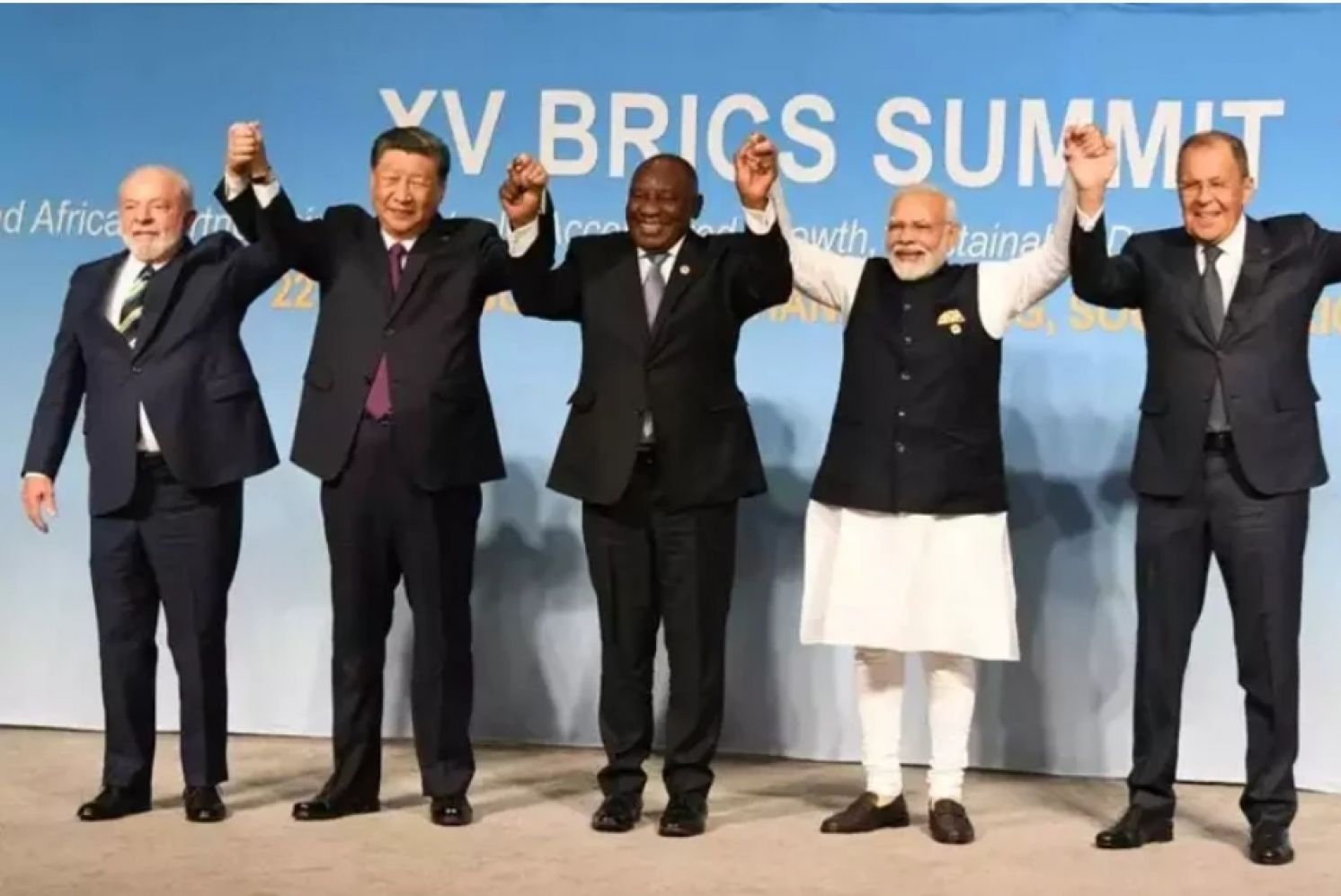
Excluded from BRICS Summit, Can Eswatini Sustain Taiwan Support?
United Daily News, August 26, 2023
The BRICS Summit recently took place in South Africa, and all African heads of state were invited except the leader of Taiwan’s diplomatic ally, Eswatini. Mainland China was represented by President Xi Jinping. Coincidentally, President Tsai Ing-wen is scheduled to visit Eswatini in two weeks. While the Ministry of Foreign Affairs stated that the timing of the visit aligns with Eswatini's Independence Day and is not meant to be confrontational with China, the consecutive visits of leaders from both sides of the Taiwan Strait to Africa within a month will nevertheless evoke diplomatic tensions.
After the diplomatic rupture with Burkina Faso in 2018, Eswatini became Taiwan’s last remaining ally in Africa. It also stands as the last missing piece in the puzzle of mainland China's diplomatic allies across the African continent. In recent years, President Xi Jinping has publicly voiced his hope multiple times that Eswatini would soon join the “big family.”
Eswatini has been Taiwan’s long-standing ally, but in recent years, it has faced increasing challenges from across the strait. Just this May, mainland China’s state-owned company Sinohydro won the bid for the Mpakeni Dam project. Given Eswatini's history of resisting mainland Chinese involvement in infrastructure development, this dam project appears to signal a shift in direction.
In addition to economic pressures, there has been a noticeable political isolation. The exclusion of Eswatini from the BRICS Summit, without an explicit explanation from the host nation, South Africa, is undeniably linked to Eswatini’s diplomatic relationships with Taiwan. Concurrently, Communist China is persistently applying pressure on other African nations, aiming to isolate Eswatini on both diplomatic and economic fronts.
In this increasingly challenging global context, President Tsai’s upcoming foreign visit is naturally intended to strengthen diplomatic relations. In recent years, the Tsai administration has departed from checkbook diplomacy, instead emphasizing substantive bilateral cooperation. For instance, in the case of Eswatini, there have been collaborations in public health, agriculture, and healthcare. Notably, during the pandemic, the Eswatini King’s recovery from the coronavirus (COVID-19) was facilitated with the assistance of Taiwan’s medical resources.
Diplomacy ultimately hinges on results. Over the past seven years, the Tsai administration has maintained diplomatic relationships in the same manner, but the fact remains that nine countries have severed ties during this period. While Eswatini is currently assessed as a relatively stable diplomatic ally, challenges both subjective and objective have arisen. It remains to be seen whether President Tsai's visit to Africa can fully realize its theme of “Celebrating Friendship and Ensuring Sustainable Cooperation.”